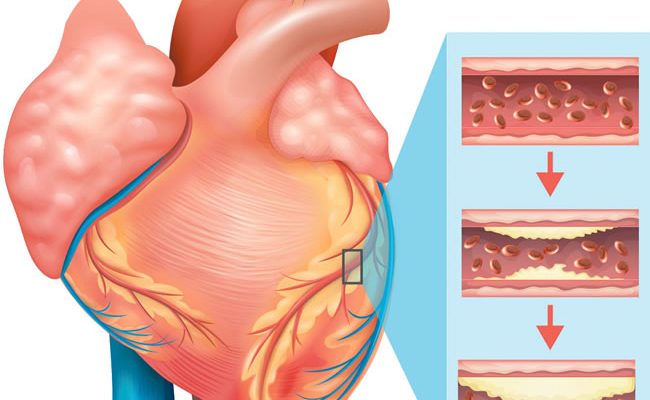
Babies born to pregnant women with obesity are more likely to develop heart problems and diabetes as adults due to foetal damage caused by the high-fat, high-energy diet of their mother.
That’s the finding from a new study, published in the Journal of Physiology on September 13, that shows for the first time that maternal obesity alters a critical thyroid hormone in the foetal heart, disrupting its development.

Consuming a high-fat, sugary diet during pregnancy also increases the likelihood of the unborn baby becoming insulin-resistant in adulthood, potentially triggering diabetes and causing cardiovascular disease. This is despite babies being a normal weight at birth.
University of South Australia researchers identified the link by analysing tissue samples from the foetuses of pregnant baboons fed a high-fat, high-energy diet in a biomedical research institute in the United States. They then compared this to foetuses from baboons on a control diet.
Lead author, University of South Australia PhD candidate, Melanie Bertossa, says the findings are significant because they demonstrate a clear link between an unhealthy diet high in saturated fats and sugar, and poor cardiovascular health.
“There has been a long-standing debate as to whether high-fat diets induce a hyper- or hypothyroid state in the foetal heart. Our evidence points to the latter,” Bertossa says.
“We found that a maternal high-fat, high-energy diet reduced concentrations of the active thyroid hormone T3, which acts like a switch around late gestation, telling the foetal heart to start preparing for life after birth. Without this signal, the foetal heart develops differently,” she added.
Bertossa says that diets high in fat and sugar can alter the molecular pathways involved in insulin signalling and critical proteins involved in glucose uptake in the foetal heart. This increases the risk of cardiac insulin resistance, often leading to diabetes in adulthood.
“You’re born with all the heart cells you will ever have. The heart doesn’t make enough new heart muscle cells after birth to repair any damage, so changes that negatively impact these cells before birth could persist for a lifetime.
“These permanent changes could cause a further decline in heart health once children reach adolescence and adulthood when the heart starts to age,” she stated.
Senior author, UniSA Professor of Physiology, Janna Morrison, says the study demonstrates the importance of good maternal nutrition in the leadup to pregnancy, not only for the mother’s sake but also for the health of the baby.
“Poor cardiac outcomes were seen in babies that had a normal birth weight — a sign that should guide future clinical practice,” Professor Morrison says.
“Cardiometabolic health screening should be performed on all babies born from these types of pregnancies, not just those born too small or too large, with the goal being to detect heart disease risks earlier.”
Morrison says that if rising rates of high-fat sugary diets are not addressed, more people will develop health complications such as diabetes and cardiovascular disease, which could result in shorter life spans in the decades ahead.
“Hopefully, with the knowledge we have now about the negative health impacts of obesity, there is potential to change this trajectory,” Morrison added.
The researchers are currently undertaking long-term studies of babies born to women on high-fat- high-energy diets to track their health over decades.
Source: Science Daily
READ ALSO: Five times Tinubu’s govt has promised to kickstart Port Harcourt refinery







